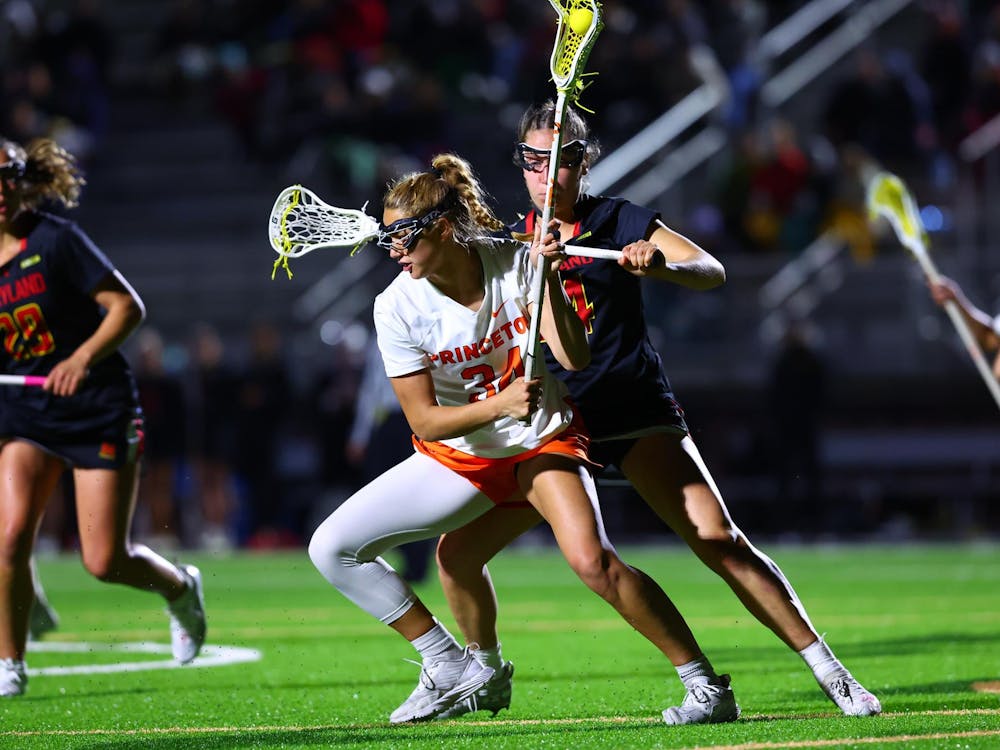I paused in surprise while I was reading an article on the effect Woodrow Wilson’s expression of and support for self-determination had on Asian countries. The author had just claimed that the significance of Wilson and the doctrine of self-determination in numerous non-European societies, including my own home country of South Korea, has received little attention in discussions of international histories.
That can’t be right, I thought. Curious, I went on DBpia, the Korean equivalent of JSTOR, and typed in “Woodrow Wilson, self-determination.” Pages and pages of results popped up, and titles like “Translation of ‘Self-determination’ and the Feb. 8th Independence Movement” and “National Self-Determination of the Colonized and World Democracy” appeared on the first page.
Then the realization hit: there is an unstated, but unquestioned, notion across humanities and social science that the Academy refers only to Western Academy (used broadly to refer to European and North American academia), and if something hasn’t been said in the Western Academy, it is as though it has never been said.
Even if the topic is the effect an event had on an Asian country, there is little to no effort to hear what the leading intellectuals of that country have said. Generally, historians spend a lot of time trying to understand their own countries’ histories and become rather good at it. We should listen. But the voices of non-Western academics often don’t count towards discussions in “international histories,” no matter how international the nature of their work.
The marginalization of non-Western academia becomes even more evident when we take into consideration the privileged status of non-English, Western academic works in our research. If I were to pursue a Ph.D. in Classics, I would need to gain reading proficiency in German and French so I can understand what they have said. We care about them.
But we don’t care enough to search if a Korean scholar has said anything about a topic even though DBpia has an English version of the website and many articles are fully translated into English by the authors in the hope that they, too, may become part of “the academic discourse” – which should be about listening to other intellectuals and developing a coherent narrative in pursuit of the truth. Rarely do we even put in the effort to find out if there are works accessible in English or try using a translator. Professors can hire RAs if they need to. I will happily translate any Korean article for twelve dollars an hour and the ability to put “Research Assistant to a Professor” on my resume, and suspect many of my peers would as well.
It is entirely true that the academy is not free from censorship or governmental pressure to weave a certain nationalistic narrative in many countries. That does not mean, however, we should not listen to what those academics have said to consider the motivations, the stakes, and the merits of their arguments; a thoughtful engagement like this can only enhance our understanding of the topic at hand as well as the current political feelings in that country.
I have intentionally used the pronoun “we” liberally and ambiguously in this article so far. I also did not name the title of the article, which turned out to be both a thoughtful and thought-provoking piece, even if complicit in privileging Western academy. That’s because, though I framed the discussion around one particular article and one particular discipline, the problem is much more pervasive. It happens in literary criticism, history, sociology, political theory, and many other fields.
I certainly feel I am complicit as well. There were many times when I could have and should have cited a non-English and non-Western source and didn’t.
I lack either the moral authority or the academic expertise to say what concrete things we ought to change in the future, but I hope that we, the undergraduates, graduate students, and professors of Princeton University, can start rethinking what the Academy means to us and encourage each other towards a more inclusive narrative.
Erica Choi is a senior in Classics from Bronxville, N.Y. and a former columnist for the 'Prince.' She can be reached at gc6@princeton.edu.









